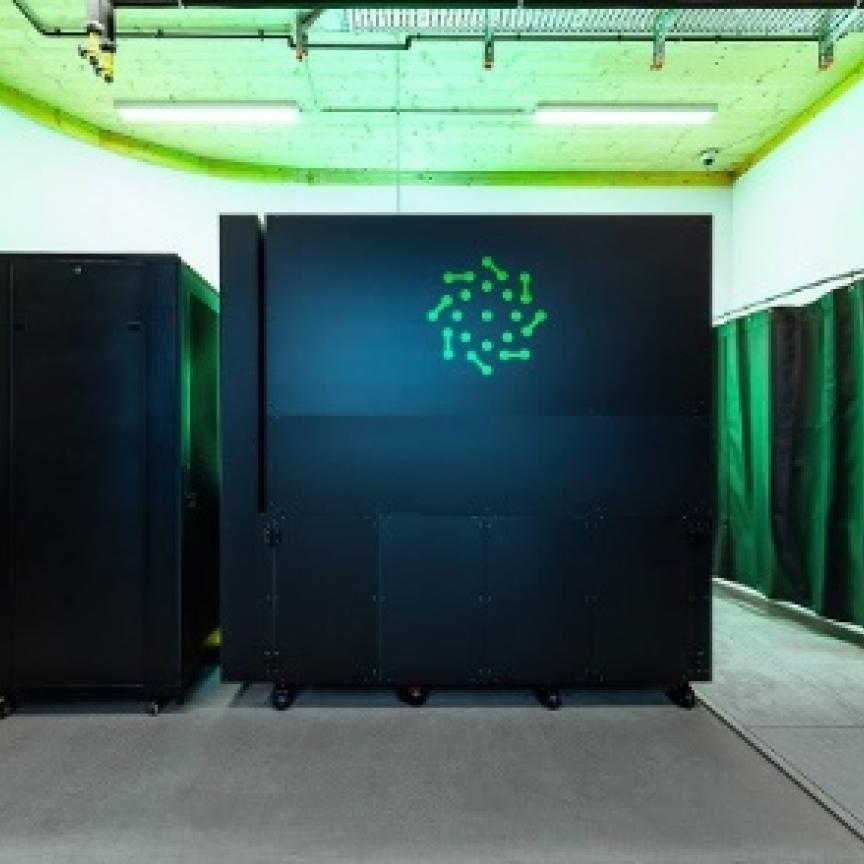The European Commission has confirmed that Latvia has mad a commitment to become a founding member of the EuroHPC Joint Undertaking(EuroHPC JU).
Andrus Ansip, European Commission vice-president for the Digital Single Market, and Mariya Gabriel, commissioner for Digital Economy and Society, welcomed Latvia’s commitment: 'We are very pleased to have Latvia as one of the participating states in the EuroHPC Joint Undertaking. Only together will we manage to offer researchers and entrepreneurs in the fields of big data, ICT, electronics and artificial intelligence the HPC infrastructure and technologies and tools they need in order to excel and innovate. The European HPC ecosystem we plan to create will be accessible across Europe for all academic communities, industry and the public sector, and will help them address a wide range of scientific, industrial and societal challenges.'
Latvian Minister for Education and Science Professor Kārlis Šadurskis added: 'The EuroHPC initiative is a crucial step forward for strengthening European collaboration in High Performance Computing. We would like to stress that the thematic priorities of the EuroHPC initiative are fully in line with Latvia’s Smart Specialisation Strategy. Latvia is proud of our highly skilled researchers, entrepreneurs and start-ups in the fields of big data, ICT, electronics and artificial intelligence, therefore we are ready to contribute to EuroHPC agenda in terms of both infrastructure development and research. Latvia especially welcomes the creation of the research pillar with the aim of fostering the development of a Europe-wide research and users’ eco-system.'
Proposed by the European Commission on11 January 2018, the EuroHPC JU is a legal and funding entity that aims to build world-class high performance computing (HPC, also known as supercomputing) and data infrastructures, to be made available to researchers, the public sector, and industry across Europe.
The EuroHPC JU will pool EU and national resources with the goal of:
-
acquiring and providing across Europe by 2020 a world-class pre-exascale supercomputing infrastructure, capable of 1017 calculations per second, in order to match the demanding application requirements of European academic and industrial users;
-
supporting the development of European supercomputing technology, including the first generation of European low-power microprocessor technology and the co-design of European exascale machines (capable of at least a billion billion or 1018 calculations per second);
-
fostering applications and skills development and the wider use of high-performance computing.
In June 2018, the Council of the EU endorsed the Commission’s proposal to establish the EuroHPC JU. On 3 July 2018, the European Parliament voted in favourof the proposal, which is due to be formally adopted by the Council of the EU in September. The JU is expected to begin operating before the end of 2018.

